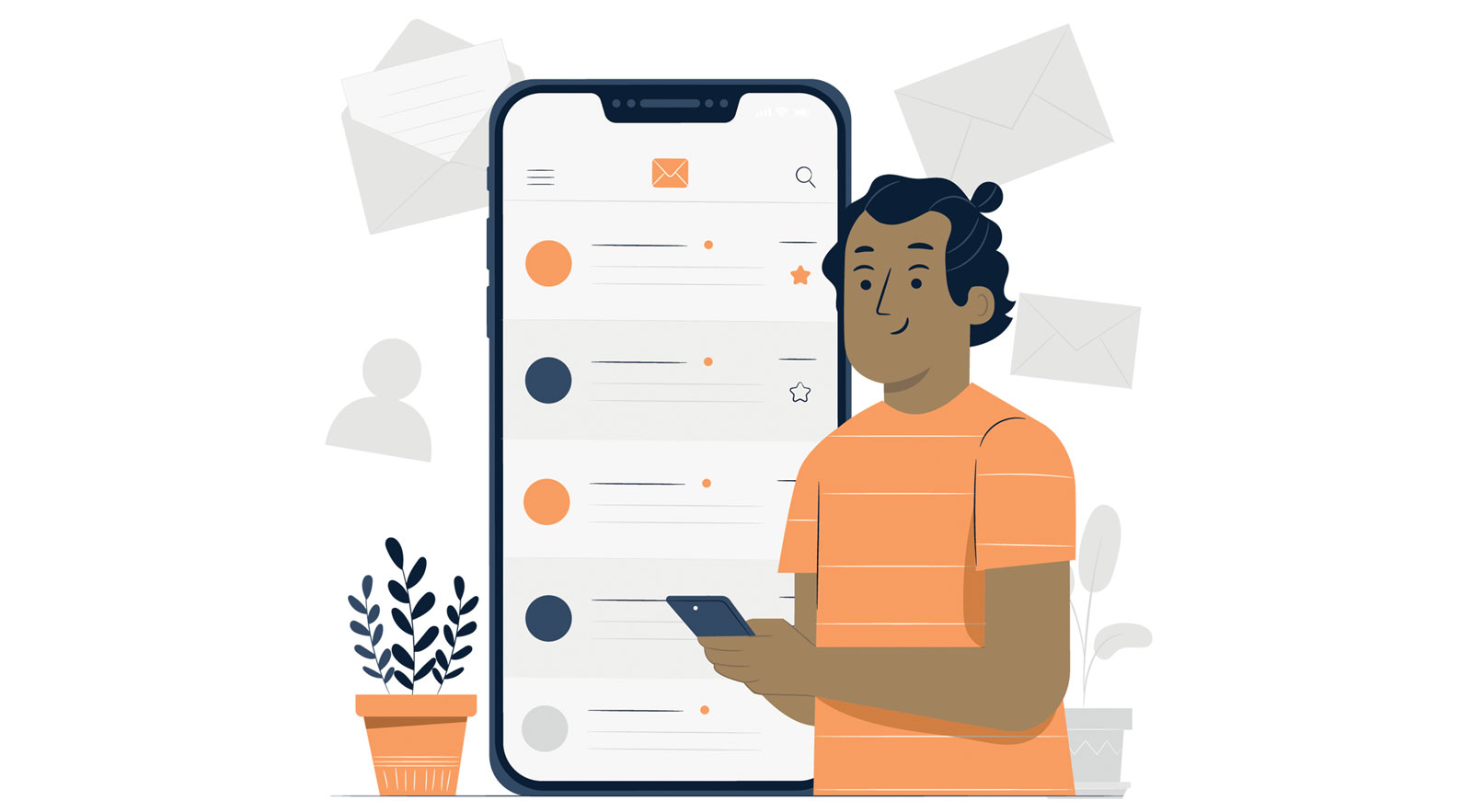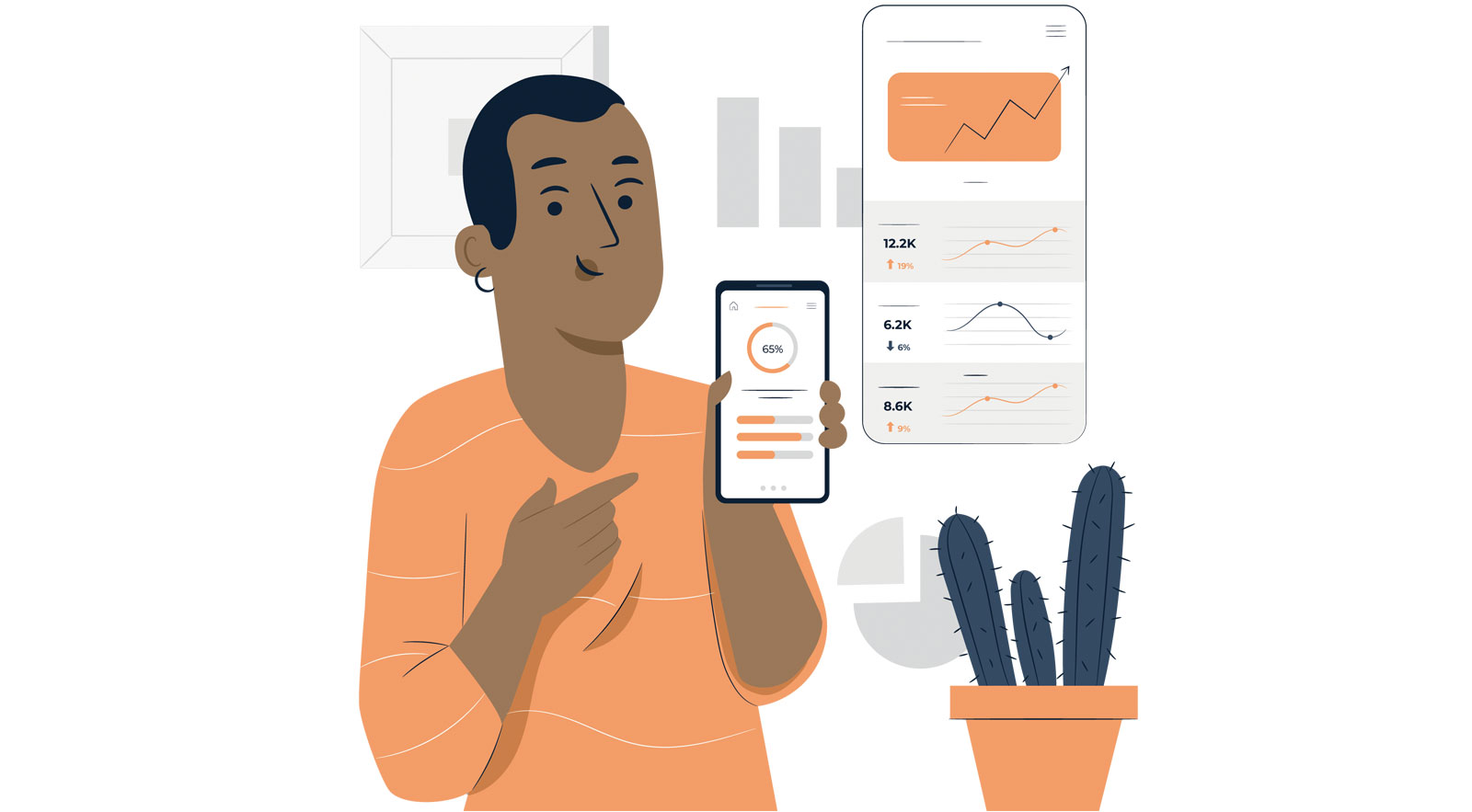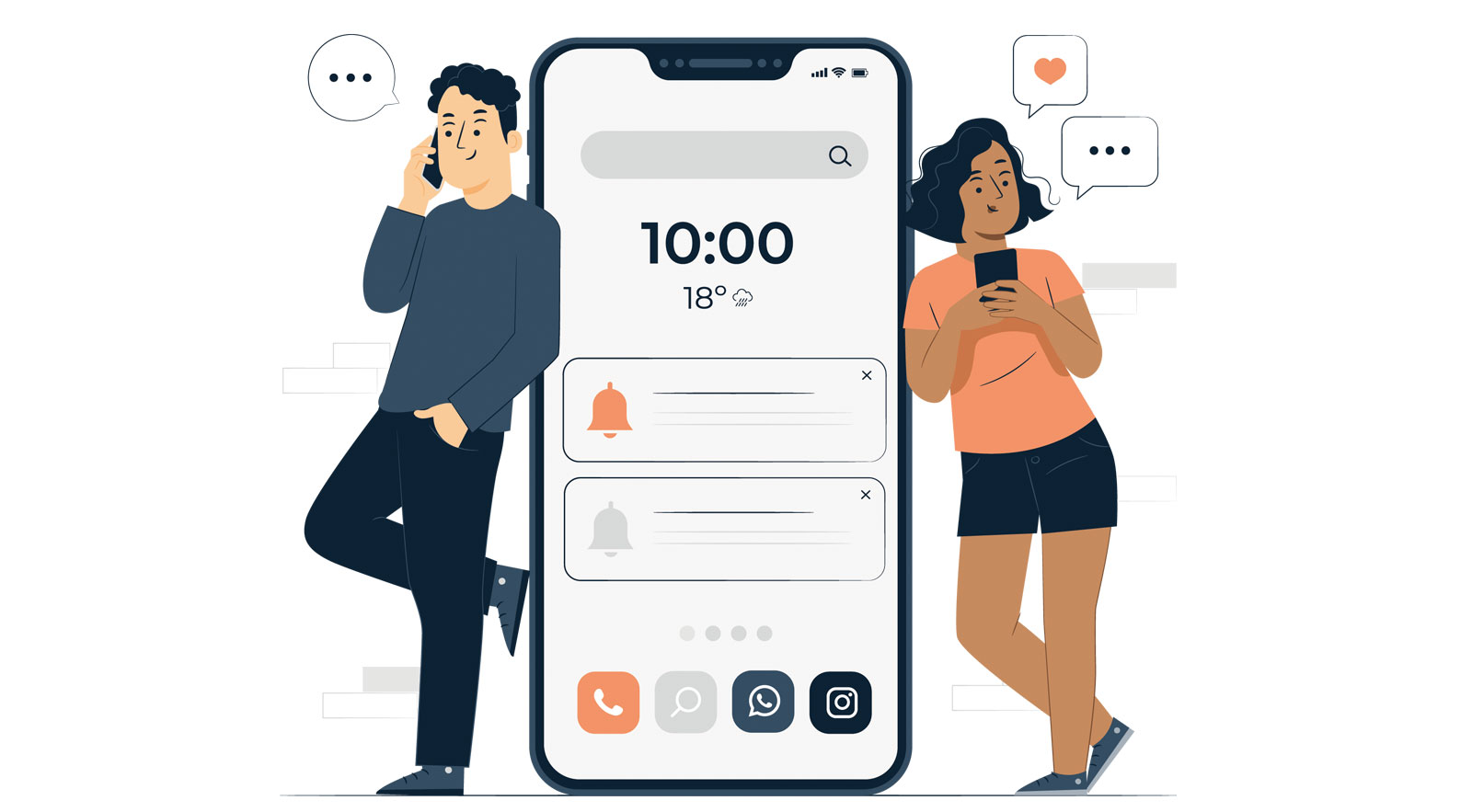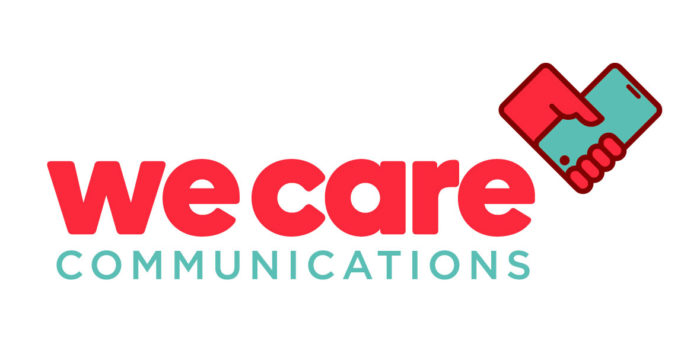Bring Your Own Device – Is it time to think again?

Care agencies often ask us whether it’s better to provide smartphones to their staff, or for staff to use their own. In many cases staff install the OnCare app on their own phone or tablet and no issues arise. However, as explained by our partners We Care Communications, ‘bring your own device’ might not always be the best approach.
In the below article, they explain why care agencies should carefully consider the ‘bring your own device’ approach, and handle some responses to common concerns about providing company phones.
It might not come as a surprise that 87% of businesses are dependent on their employees’ ability to access mobile business apps. But despite this, only around a third of UK employers issue mobile phones; the others expecting employees to use their own personal devices.
The ‘bring your own device’ (BYOD) approach is especially prevalent in the homecare sector. Many care providers take the view that costs and administration overheads mean it is better to simply pay staff a monthly allowance instead – typically £5 to £10.
On the surface, it’s a logical path of least resistance. However, when considered in the context of data security, GDPR compliance and the critical need to maintain a robust mobile platform, the BYOD approach raises some concerns and potential risks that should be considered.
The case for company-supplied phones

Below we explore the case for providing staff with mobile phones (in the homecare care sector specifically), as opposed to allowing BYOD.
1. Data security
Company issued phones can deploy mobile device management (MDM) software, which allow the device to be locked down if it’s lost, stolen, or otherwise compromised, securing any sensitive data stored on it.
Devices may be location-tracked if desired, but if a missing phone cannot be recovered, remote wipe functionality means that data stored on it can be erased remotely, ensuring potentially sensitive information cannot be accessed by unauthorised parties.
Further, MDM can restrict the installation of non-essential apps, which greatly reduces the risk of malware infecting the device and the associated issues.
2. Always up-to-date
MDM also allows updates to business-critical apps to be pushed out to the mobile estate without any action required from individual staff.
This means there is no reliance on teams to manually update the applications they rely on, no resource required to chase individuals, and it ensures that the most secure and reliable versions of each application can be rapidly rolled out and maintained.
3. Fit for purpose devices assured
When devices are selected centrally, the business can ensure they are suitable for the job in hand. Standardising on a single, modern device across the estate also ensures compatibility with the latest apps and simplifies maintenance and support.
Suppliers of the major care apps regularly pull support for older operating systems, which can be very disruptive for providers which rely on BYOD – after all, how can you tell a care worker they need to upgrade their own phone?
With MDM operating systems, updates can be pushed out in a controlled manner, ensuring consistency and compatibility across the estate.
4. Building trust
There is significant anecdotal evidence that the impact of providing a care worker with a high-quality mobile phone goes beyond the more practical benefits discussed above.
Many care providers have told us that issuing company-owned devices can increase employees’ sense of feeling valued and demonstrates the trust that their businesses place in their staff.
Of course, the provision of equipment is only one element of building a professional culture, but care leaders tell us it’s an important one, nonetheless.
Common concerns

Next, we consider the five most common concerns we hear from care providers in relation to providing company mobiles and how we have sought to address them.
1. Unpredictable costs
At We Care Communications, one of the primary objections we come across to company-issued phones is that they open the business up to unpredictable network costs. In response, we have ensured that all our mobile phone contracts allow our clients to cap spend and data, eliminating the risk of ‘bill shock’.
All devices that We Care Communications supply come with unlimited calls and texts, enabling unrestricted contact with teams in the field. Premium rates and international numbers are barred as standard, as are MMS.
2. Unauthorised or inappropriate use
Every mobile phone from We Care Communications can be locked down so it can only be used for work purposes – ensuring employees operate within company policies and guidelines.
3. Phones could get damaged
All devices we supply come with swap out exchange warranty as standard, providing you flexibility and peace of mind. Screens can be repaired by our in-house maintenance team, and low-cost reconditioned handsets are available if you ever need to replace a device
In practice though, our experience of working with over 250 care providers has shown that phones being damaged or lost and requiring replacement is actually a very rare event.

To learn more about the latest rates and offers from We Care Communications, contact them at brett@wecarecomms.com or call on 07886 736547. *PLUS, if you mention that OnCare referred you across to them, you will receive a free tablet with any order of 10 devices or more.